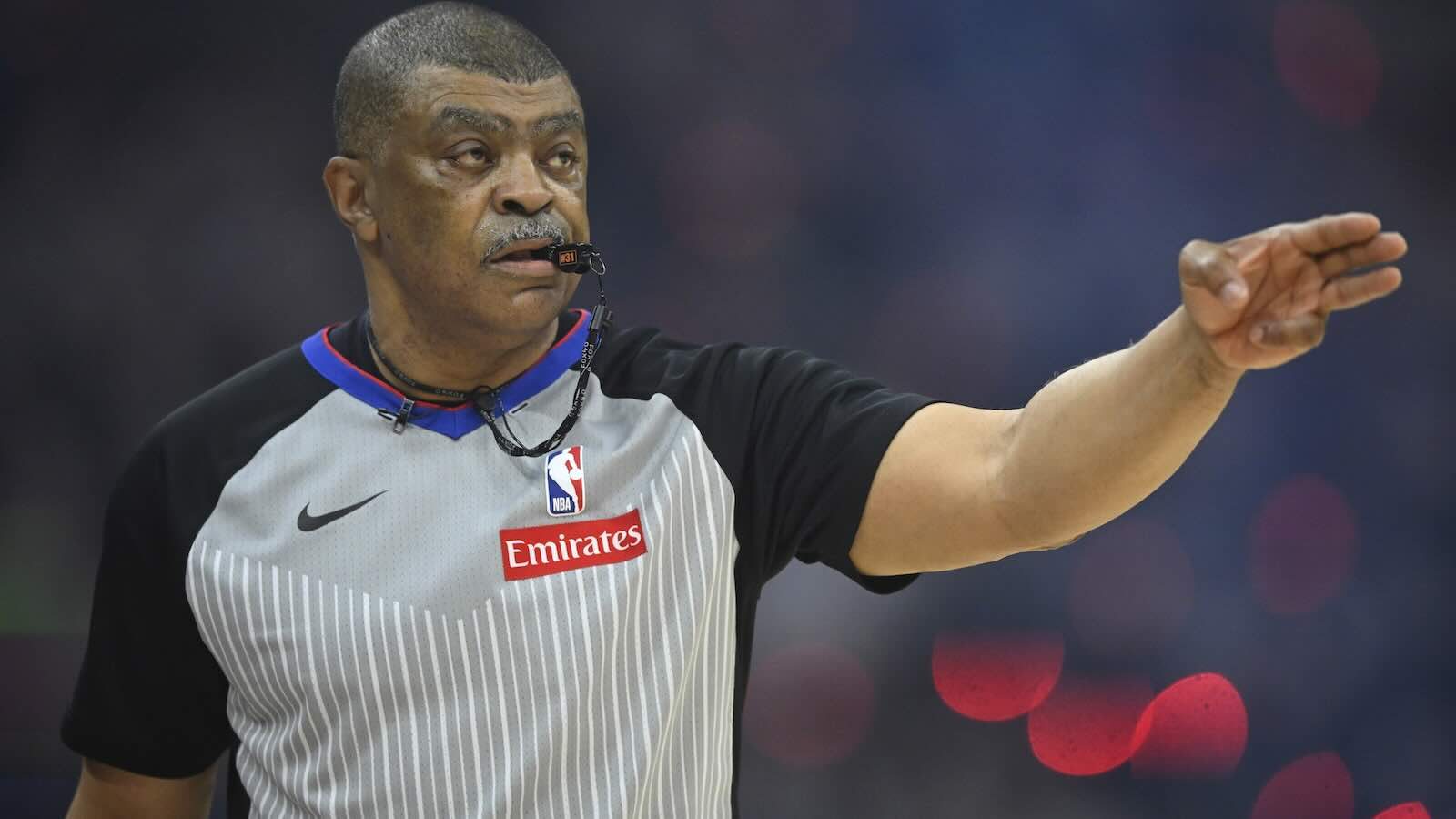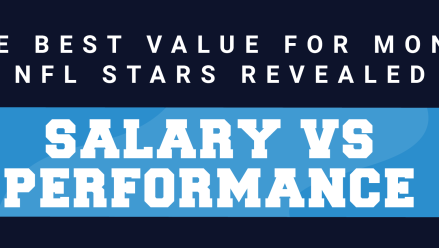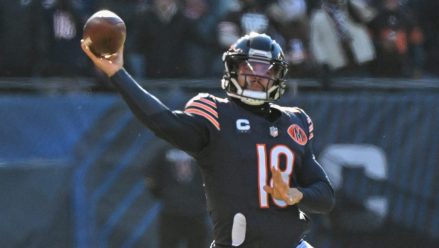New research suggests NBA referees may be playing favorites in close games — but not the way you’d expect.
A study titled “With the Game on the (Betting) Line: NBA Referee Performance in the Last Two Minutes” reveals a surprising pattern in NBA officiating: Referees make significantly fewer incorrect calls against underdogs compared to favorites during crucial game moments.
The research examined the NBA’s “Last Two Minute Reports” — public records of referee calls that the league began publishing in 2015 to promote accountability and transparency. These reports track every call and non-call made in the final two minutes of close games.
What makes this timing significant? According to the researchers — and anyone who has watched a basketball game — “The intensity of the game increases dramatically in the last two minutes as coaches make critical adjustments and key players rely on physical and mental strengths to meet the high pace demands of end games.”
The findings are eye-opening: Referees make 23% fewer incorrect calls for visiting team underdogs and 42% fewer incorrect calls for home team underdogs than their favored opponents. In other words: When a team is expected to lose (according to the odds), they get more favorable treatment from officials in those crucial final minutes.
So what does this mean for our bets? The study found, “there is a significant difference in the percentage of incorrect calls in games where there is a narrower betting gap between the favored team and the underdog team than in games with a wider gap.”
Crucial minutes
The research team — Ariel Belasen (Southern Illinois University Edwardsville), Alan Belasen (SUNY Empire State University), and Alexandre Olbrecht (Ramapo College of New Jersey) — analyzed thousands of possessions from NBA games to reach these conclusions.
The researchers dug into exactly what happens during these crucial final minutes of play. Their data revealed that in close games, “most points in NBA games are scored at intervals of ≤10 seconds, a trend that is even more evident in the final minute.” The last minute also shows “a significant increase in 1-point baskets as well as in the number of substitutions and personal fouls.”
This matters because winning teams typically score a higher percentage of their points through free throws, highlighting how critical foul calls can be in determining who wins and who loses.
The study breaks down four possible outcomes for each possession: a correct call when there’s a violation; an incorrect call when there isn’t one; a correct non-call when there’s no violation; and an incorrect non-call when a ref misses something they should’ve whistled.
When they crunched the numbers, the researchers found that “for every 100 points the betting line increases for the home team, meaning the home team is more of an underdog, the probability of a possession ending in a correct call decreases by roughly 0.27 percentage points.” For visiting teams, it’s about 0.30 percentage points per 100-point betting line shift.
The researchers make no definitive claims about why this happens. The paper states “it remains unclear whether referee biases are the result of external pressure, cognitive biases, or other unobserved factors.” They don’t suggest any nefarious gambling conspiracy, but rather point to possible unconscious influences on officiating.
While the impact on individual possessions might seem small, “the cumulative effect over a game or series of games could be significant.” The study suggests that enhanced awareness training for referees and real-time monitoring systems could help address these potential biases.
For bettors, this research offers a potential edge: Betting on underdogs in games with tight lines may be smarter than you thought — they’re getting more favorable whistles (and non-whistles) when it counts.






